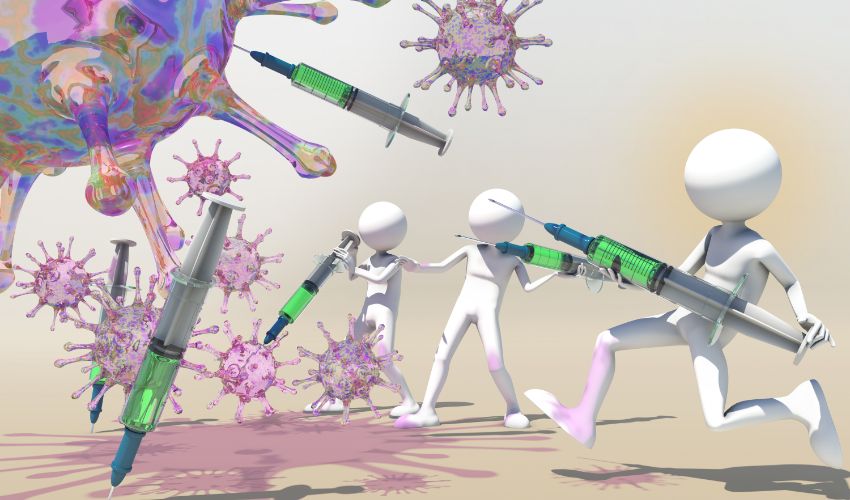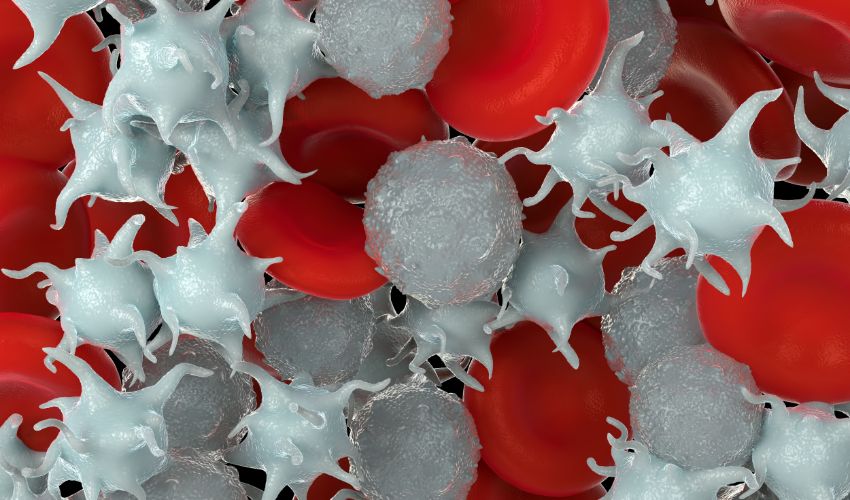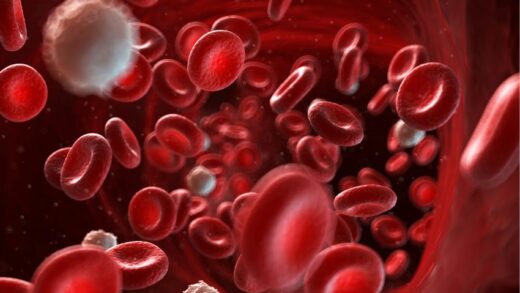White blood cells, also known as leukocytes, are an essential component of the immune system. They play a crucial role in defending the body against infections, diseases, and foreign invaders. White blood cells are produced in the bone marrow and circulate throughout the body via the blood vessels. There are different types of white blood cells, each with unique functions and properties.
Functions of White Blood Cells:
White blood cells have several essential functions in the body. They are responsible for protecting the body against infections, detecting and eliminating foreign substances, forming antibodies, and performing phagocytosis.
Protection against infections:
White blood cells play a critical role in protecting the body against infections caused by viruses, bacteria, fungi, and other pathogens. When a foreign invader enters the body, white blood cells recognize and target it for destruction, preventing the spread of infection.
Detection and elimination of foreign substances:
White blood cells are also responsible for detecting and eliminating foreign substances in the body, including toxins and cancer cells. They use various mechanisms to recognize and destroy these substances, preventing them from causing harm.
Formation of antibodies:
White blood cells produce antibodies, which are proteins that target specific pathogens and foreign substances in the body. Antibodies attach to these substances and mark them for destruction by other cells in the immune system.

Phagocytosis:
Some types of white blood cells, such as neutrophils and macrophages, are specialized in performing phagocytosis. They engulf and digest foreign substances, including bacteria and dead cells, preventing them from causing harm in the body.
Types of White Blood Cells:
There are five main types of white blood cells, each with unique functions and properties. These include:
Neutrophils:
Neutrophils are the most common type of white blood cells in the body and are responsible for defending against bacterial infections. They move quickly to the site of infection and release enzymes to destroy the bacteria.
Eosinophils:
Eosinophils are responsible for defending against parasites and allergies. They release enzymes that damage the outer surface of parasites, preventing their spread in the body.
Basophils:
Basophils are involved in allergic reactions and release histamine, a chemical that causes inflammation and allergic symptoms.
Monocytes:
Monocytes are the largest type of white blood cells and transform into macrophages, which are responsible for phagocytosis.
Lymphocytes:
Lymphocytes are responsible for recognizing and targeting specific pathogens in the body. They produce antibodies that target these pathogens and can also directly attack infected cells.
Role of White Blood Cells in the Immune System:
White blood cells play a crucial role in both the innate and adaptive immune responses.

Innate Immune Response:
The innate immune response is the first line of defense against infections and foreign substances in the body. It involves white blood cells, such as neutrophils, monocytes, and macrophages, recognizing and eliminating foreign substances.
Adaptive Immune Response:
The adaptive immune response involves lymphocytes recognizing and targeting specific pathogens in the body. This response is more specialized and tailored to specific threats than the innate immune response.
FAQs:
What is the normal range of white blood cells in the body?
The normal range of white blood cells in the body is between 4,500 and 11,000 cells per microliter of blood.
What causes low white blood cell count?
Low white blood cell count can be caused by several factors, including viral infections, chemotherapy, autoimmune disorders, and bone marrow disorders.
What are the symptoms of high white blood cell count?
High white blood cell count can cause symptoms such as fever, fatigue, weakness, and body aches.
Can stress affect white blood cell count?
Yes, stress can affect white blood cell count by causing the release of cortisol, which can suppress the immune system and decrease white blood cell count.
How can I boost my white blood cell count naturally?
Some natural ways to boost white blood cell count include eating a healthy and balanced diet, getting enough sleep, reducing stress, and exercising regularly.
Conclusion:
White blood cells play a crucial role in defending the body against infections, diseases, and foreign invaders. They are an essential component of the immune system and are responsible for detecting and eliminating harmful substances in the body. Understanding the different types of white blood cells and their functions is important in diagnosing and treating certain medical conditions. By maintaining a healthy lifestyle and following good hygiene practices, we can support the function of white blood cells and strengthen our immune system. If you have any concerns about your white blood cell count, consult with a healthcare professional for proper diagnosis and treatment. Remember, a healthy immune system is key to overall well-being and good health.






















